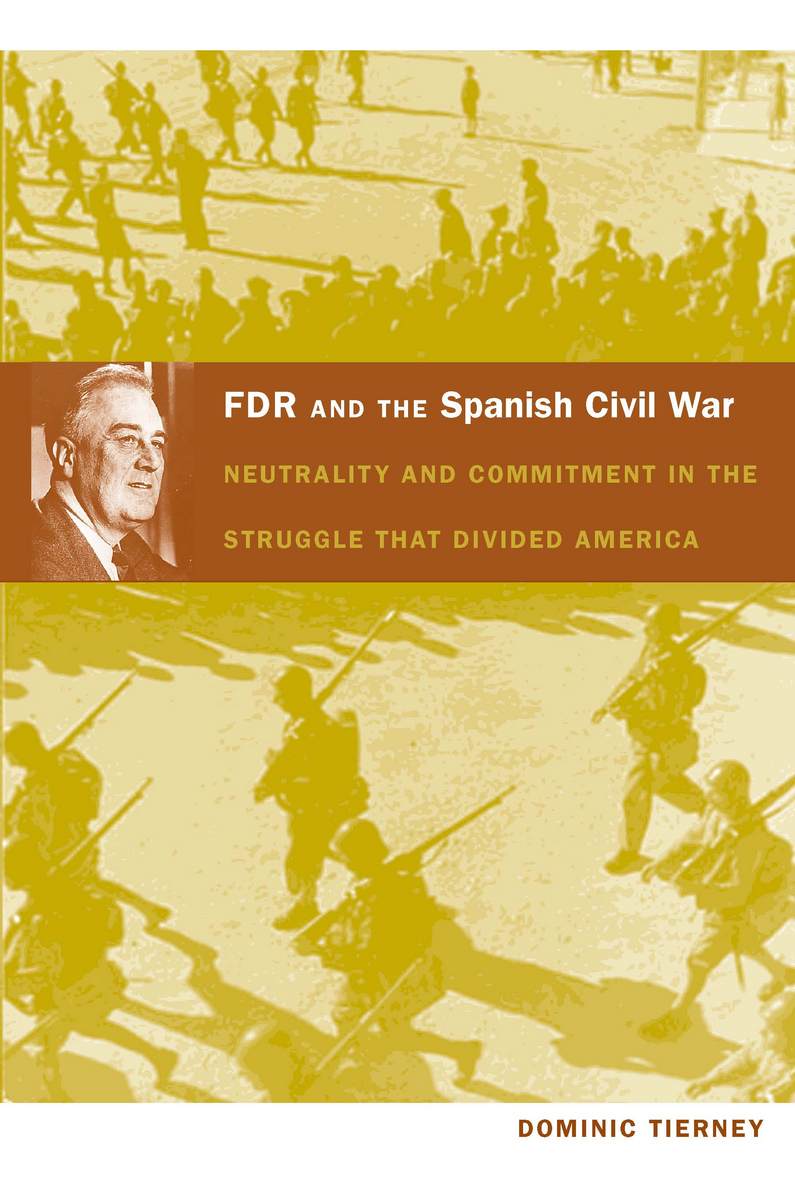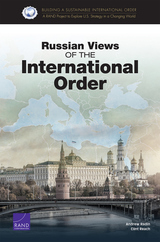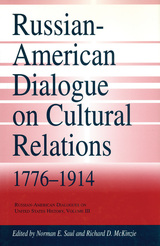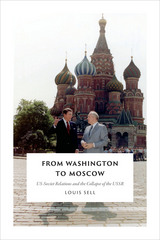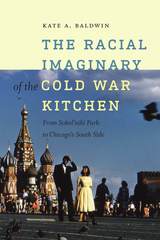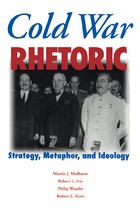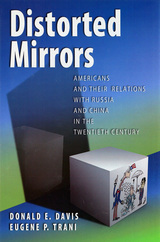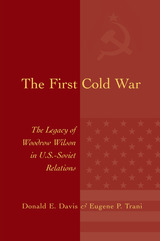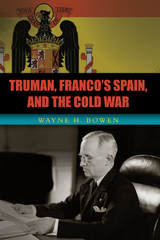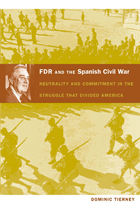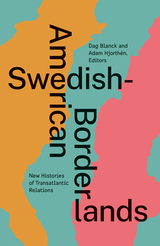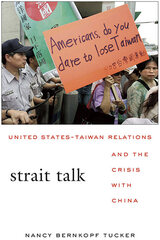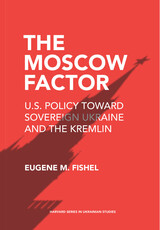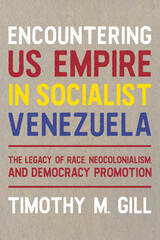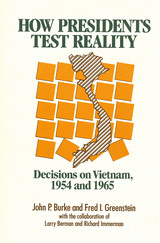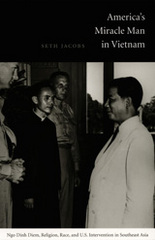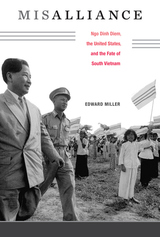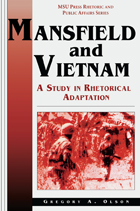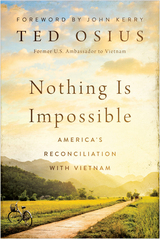Cloth: 978-0-8223-4055-3 | Paper: 978-0-8223-4076-8 | eISBN: 978-0-8223-9062-6
Library of Congress Classification E183.8.S7T54 2007
Dewey Decimal Classification 973.917
Between 1936 and 1939, Roosevelt’s perceptions of the Spanish Civil War were transformed. Initially indifferent toward which side won, FDR became an increasingly committed supporter of the leftist government. He believed that German and Italian intervention in Spain was part of a broader program of fascist aggression, and he worried that the Spanish Civil War would inspire fascist revolutions in Latin America. In response, Roosevelt tried to send food to Spain as well as illegal covert aid to the Spanish government, and to mediate a compromise solution to the civil war. However unsuccessful these initiatives proved in the end, they represented an important stage in Roosevelt’s emerging strategy to aid democracy in Europe.
See other books on: 1933-1945 | Civil War, 1936-1939 | Decision making | Joseph, Gilbert M. | Rosenberg, Emily S.
See other titles from Duke University Press
